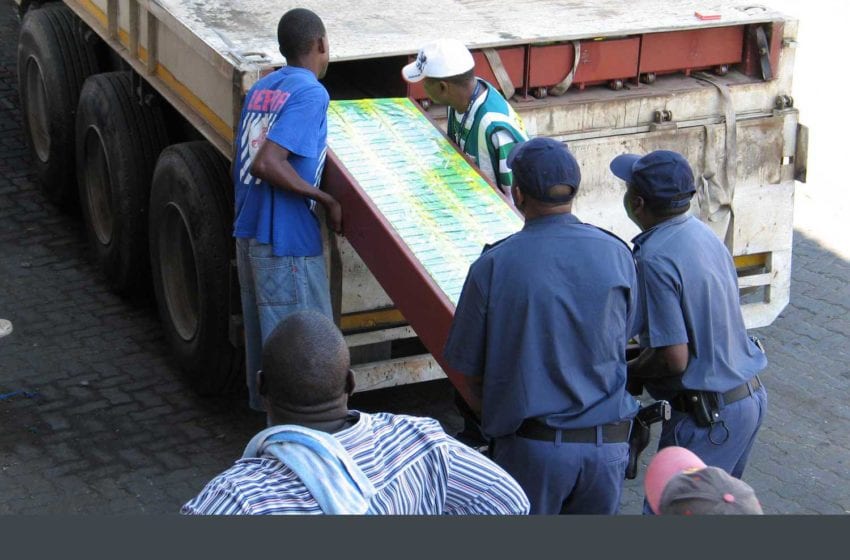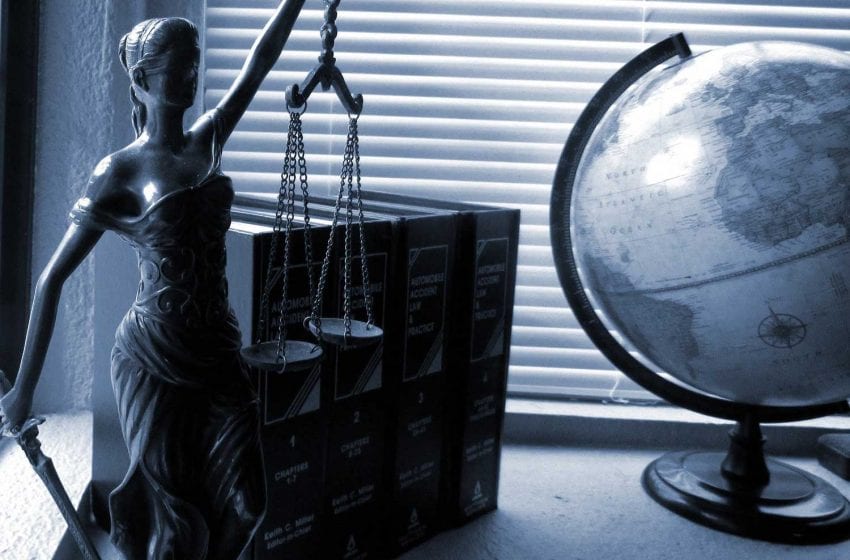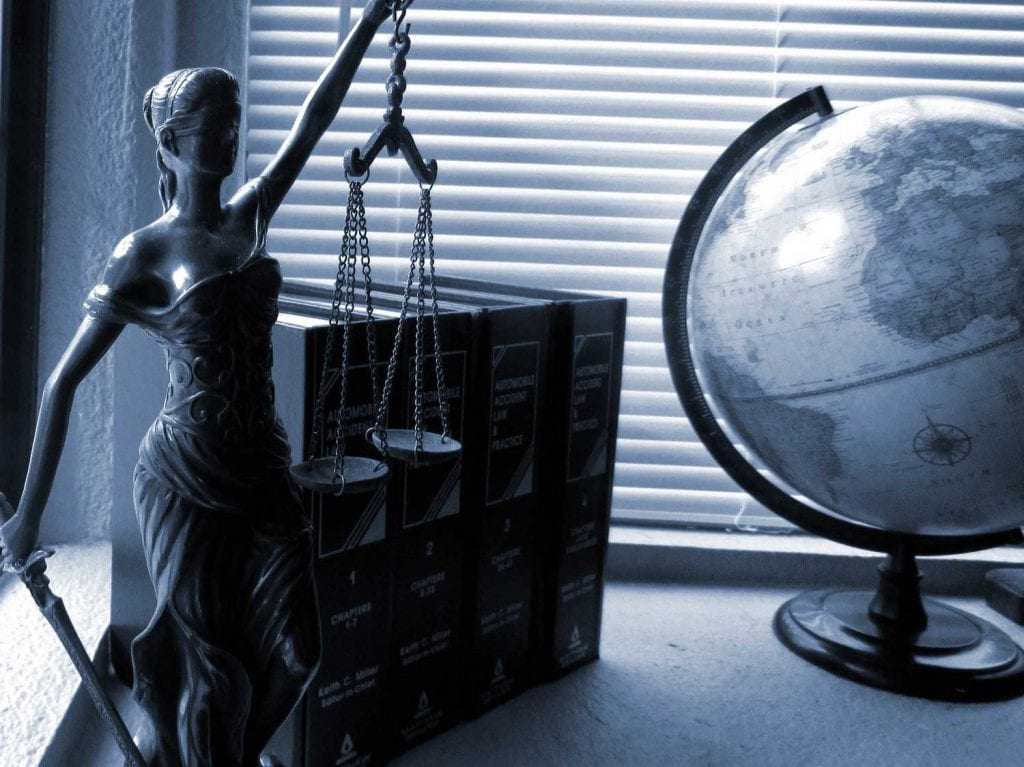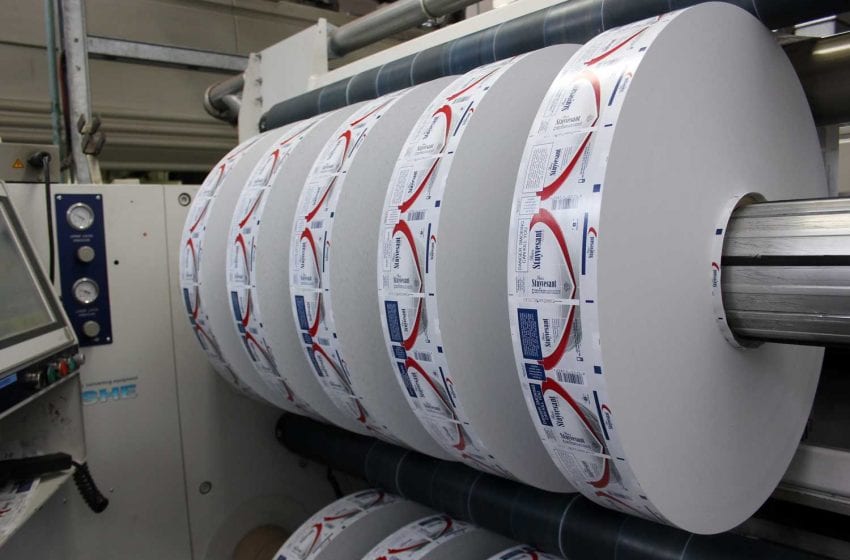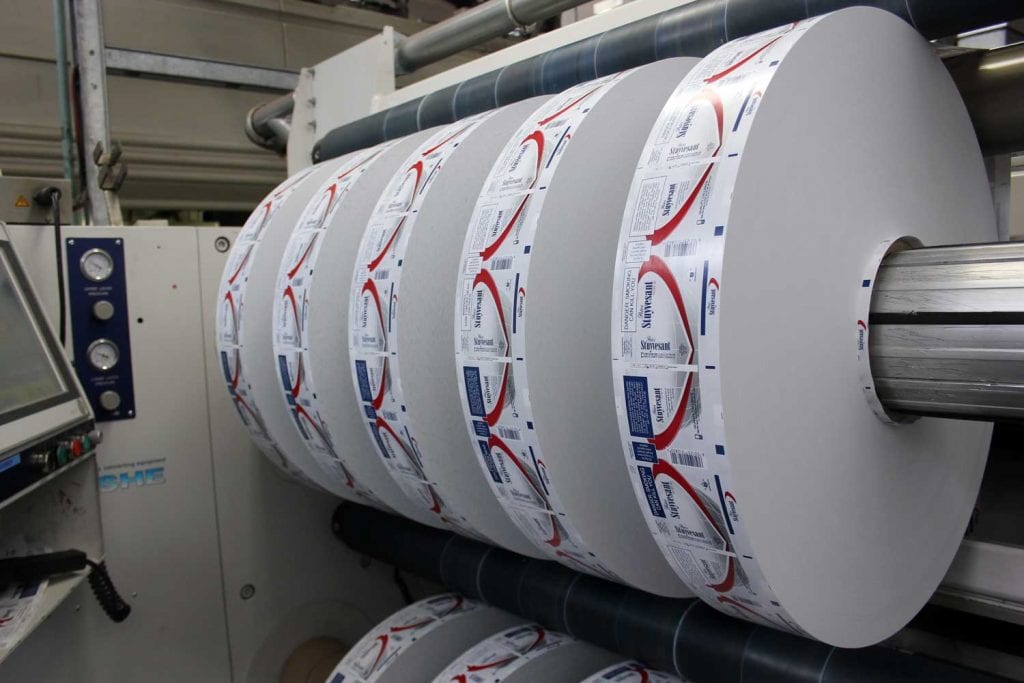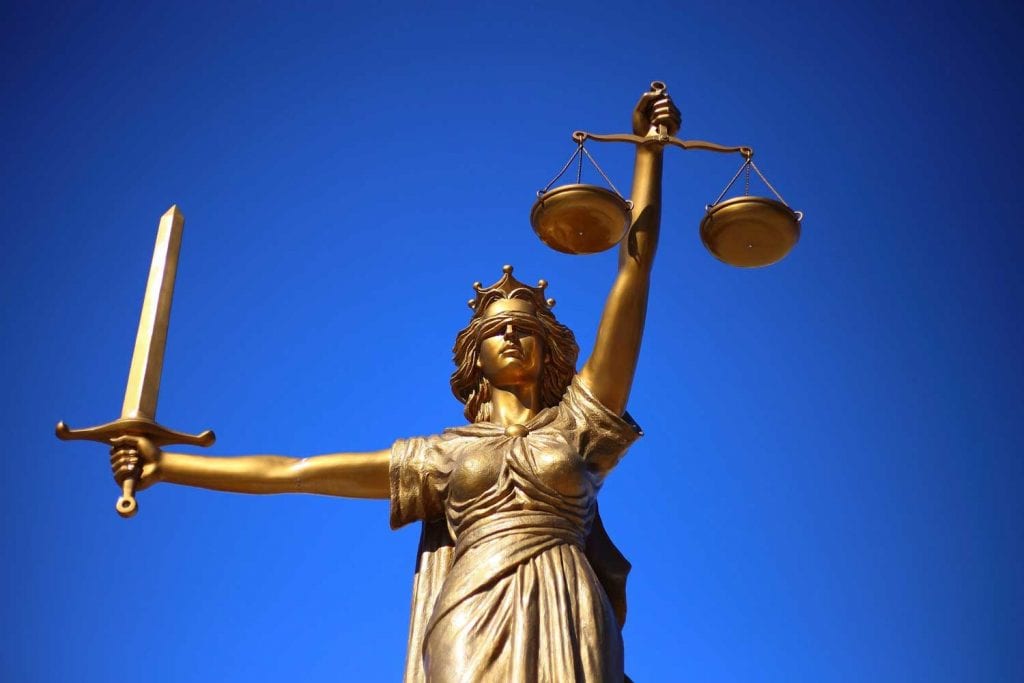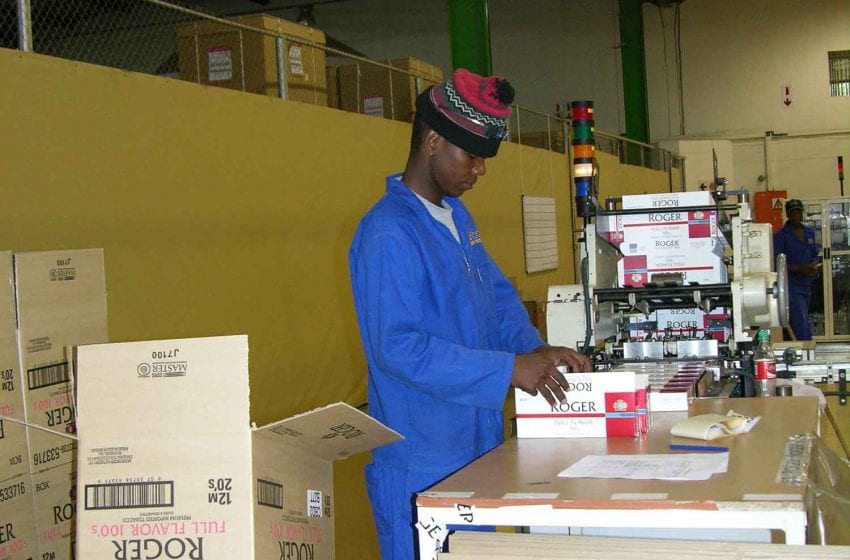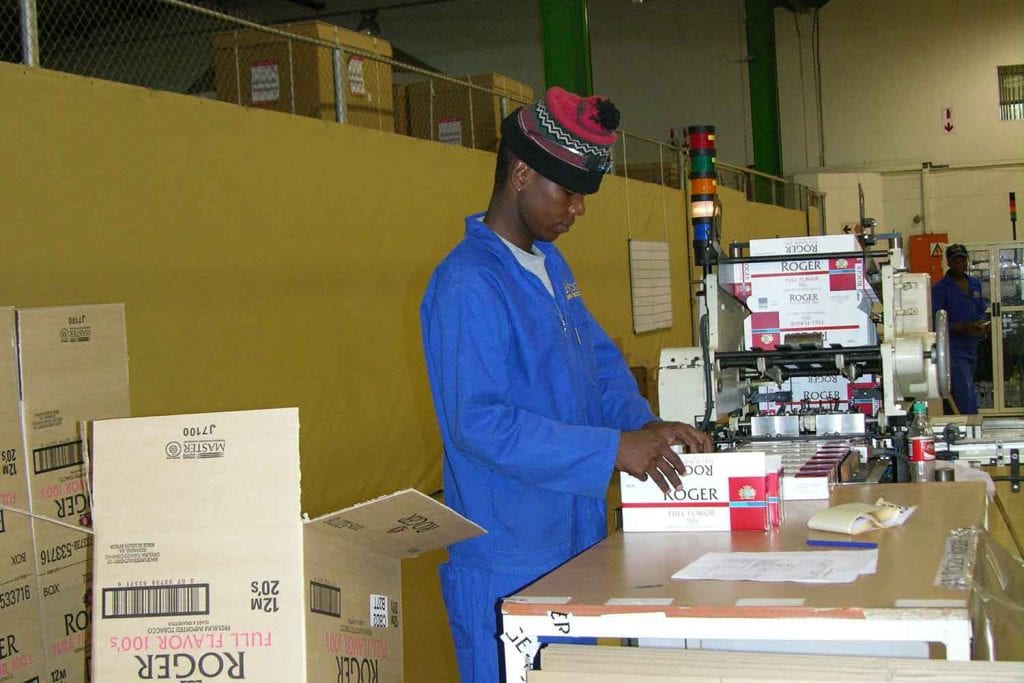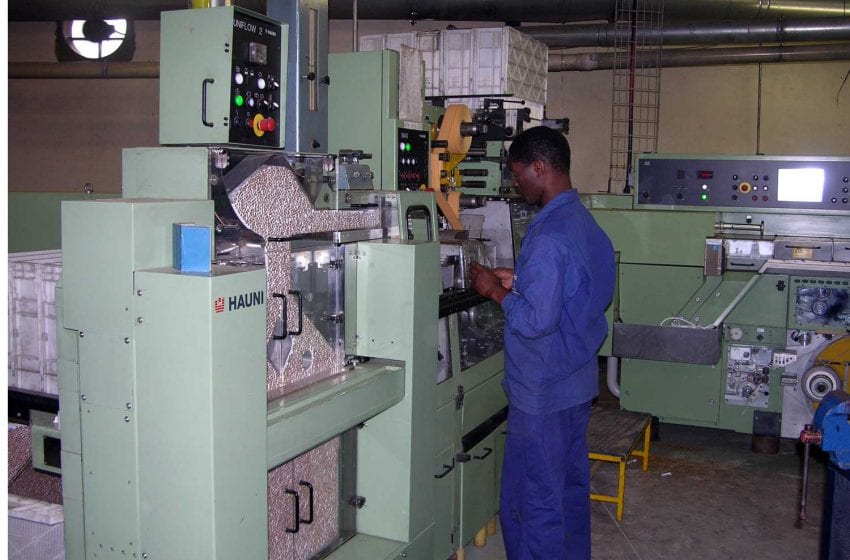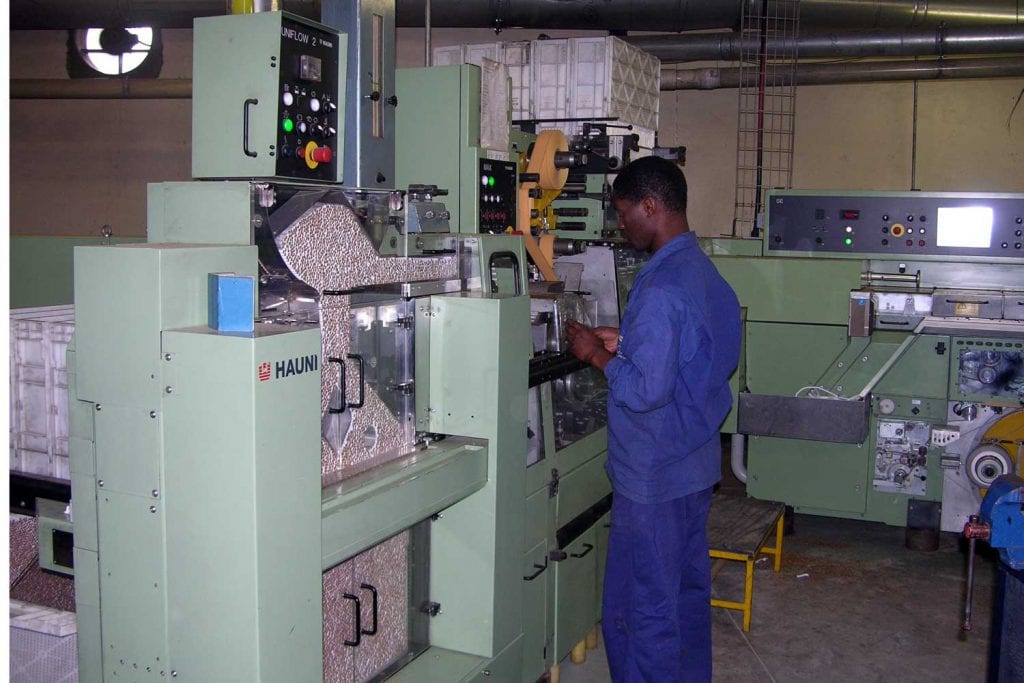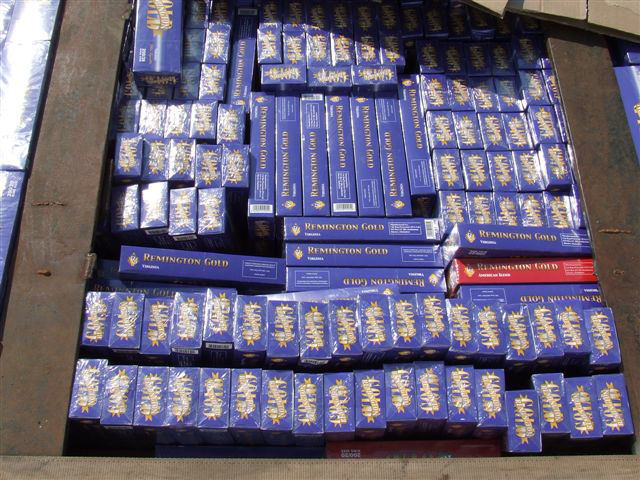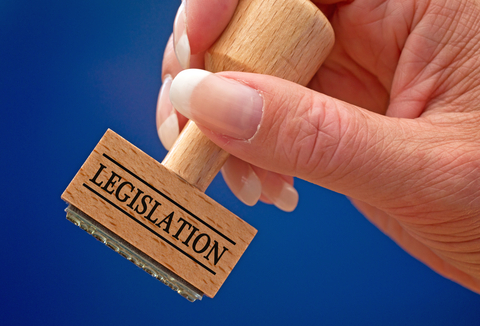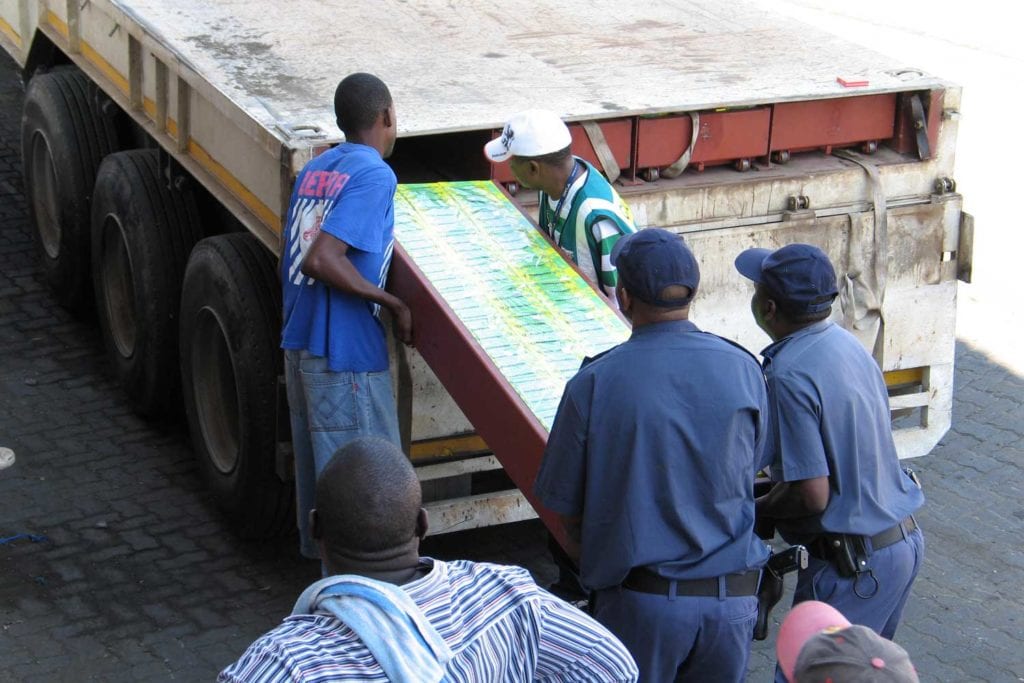
The Pretoria High Court has dismissed a bid by the Fair Trade Independent Tobacco Association (Fita) to lift South Africa’s ban on cigarette sales during the country’s coronavirus lockdown.
South Africa banned the sale of tobacco in March and extended the measure even as it lifted its ban on alcohol sales on June 1.
In announcing the High Court ruling, Judge President Dunstan Mlambo referenced the country’s state of disaster.
He said disasters, by their nature, may result in unforeseen consequences, but governments have to implement measures to manage and contain them.
The court also rejected Fita’s argument that cigarettes ought to have been considered essential because they are addictive.
“The fact that a substance is addictive does not render it essential,” it stated. “We therefore find no basis on which to interpret the level 5 regulations as permitting the sale of tobacco products.”
Fita will reportedly appeal the judgment.
A separate challenge to the tobacco ban, brought by local market leader British American Tobacco (BAT), is scheduled to be heard in August.
Unlike the case mounted by Fita, BAT challenges the constitutionality of the ban.
In an affidavit, BAT South Africa executive Andre Joubert argues the government failed to make a convincing legal argument that the ban was legally necessary or to provide legitimate arguments to show smoking increased the chance of contracting Covid-19, or that smokers would be worse off than nonsmokers if they contracted the virus.
Citing the rapidly rising illegal trade in cigarettes, BAT is pleading to have the case heard earlier than August.

